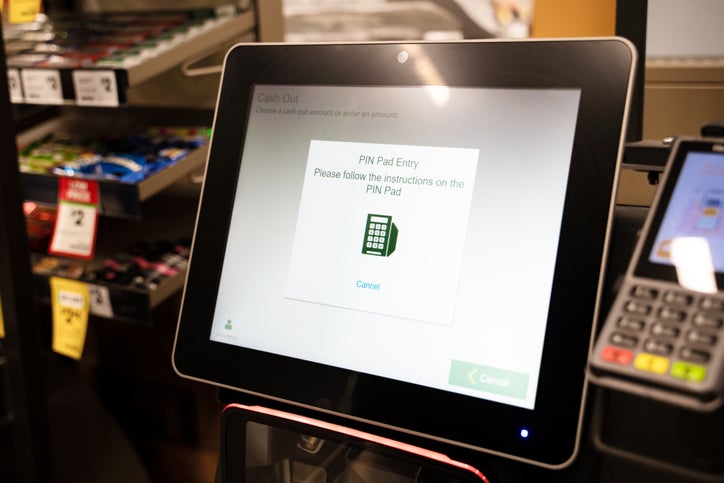
Technological advancements are expected to reshape most industries, leading to a changing workforce, different management practices and streamlined workflow. Yet new research shows that close to 25% of businesses currently have no approach to digital disruption in place.
Businesses are already starting to see the impact of emerging technologies such as artificial intelligence (AI) and advanced data analytics.
However, a new study published by Savoy Stewart, based on a survey of more than 1,000 North American and European businesses conducted by Futurum, found that many are struggling to keep up with the rapid disruption. Some 12% of businesses admitted that they were “very worried” about their ability to deal with technological change, while a further 23% admitted some level of concern.
It is thought that in order to gain the greatest advantage from emerging technologies, businesses need to adapt within the first three years. However, 23% of businesses describe themselves as “digital laggards”, preferring instead to wait and see how new technologies impacts other businesses and industries before making use of it themselves.
Unsurprisingly, this correlates with the 31% of companies that feel technology had made them less competitive in the past three years.
Making use of emerging technology
While one in four businesses are being left behind, the majority are at least making some use of emerging technologies. Some 40% acknowledged that technological disruption will provide new growth opportunities for their respective companies, while 35% said that they were optimistic about their ability to adapt to new technologies in the future.
How well do you really know your competitors?
Access the most comprehensive Company Profiles on the market, powered by GlobalData. Save hours of research. Gain competitive edge.

Thank you!
Your download email will arrive shortly
Not ready to buy yet? Download a free sample
We are confident about the unique quality of our Company Profiles. However, we want you to make the most beneficial decision for your business, so we offer a free sample that you can download by submitting the below form
By GlobalDataMore than half of those surveyed felt that their employee had adopted a proactive approach to digital disruption, seeking out opportunities and acting to make use of them ahead of their competitors, with 36% describing themselves as “digital adopters” and a further 18% viewing themselves as digital leaders.
This supports a recent report published by technology industry network Spiceworks, which found that 35% of North American organisations are already making use of emerging technologies, as well as 31% of Europe-based organisations. Likewise, it was found that 40% of European organisations had plans in place to adopt emerging technologies, as well as 20% in North America.
According to the study, a high number of businesses are considering the benefits of emerging tech such as advanced gigabit WiFi networking, which will lead to faster internet connection speeds. Likewise, many are also interested in the benefits of automation and Internet of Things (IoT) devices in order to streamline operations and free up time for human employees.
Technologies such as hyperconverged infrastructure, AI, container technology, serverless computing and edge computing are also expected to see wider use in the next 12 months.
It was recently found that embracing technology, such as data analytics, could increase the productivity of a business by 3%, which would equate to a GDP increase of £1 per hour for each employee in the business.
Read more: The emerging technologies attracting interest from European and North American businesses






